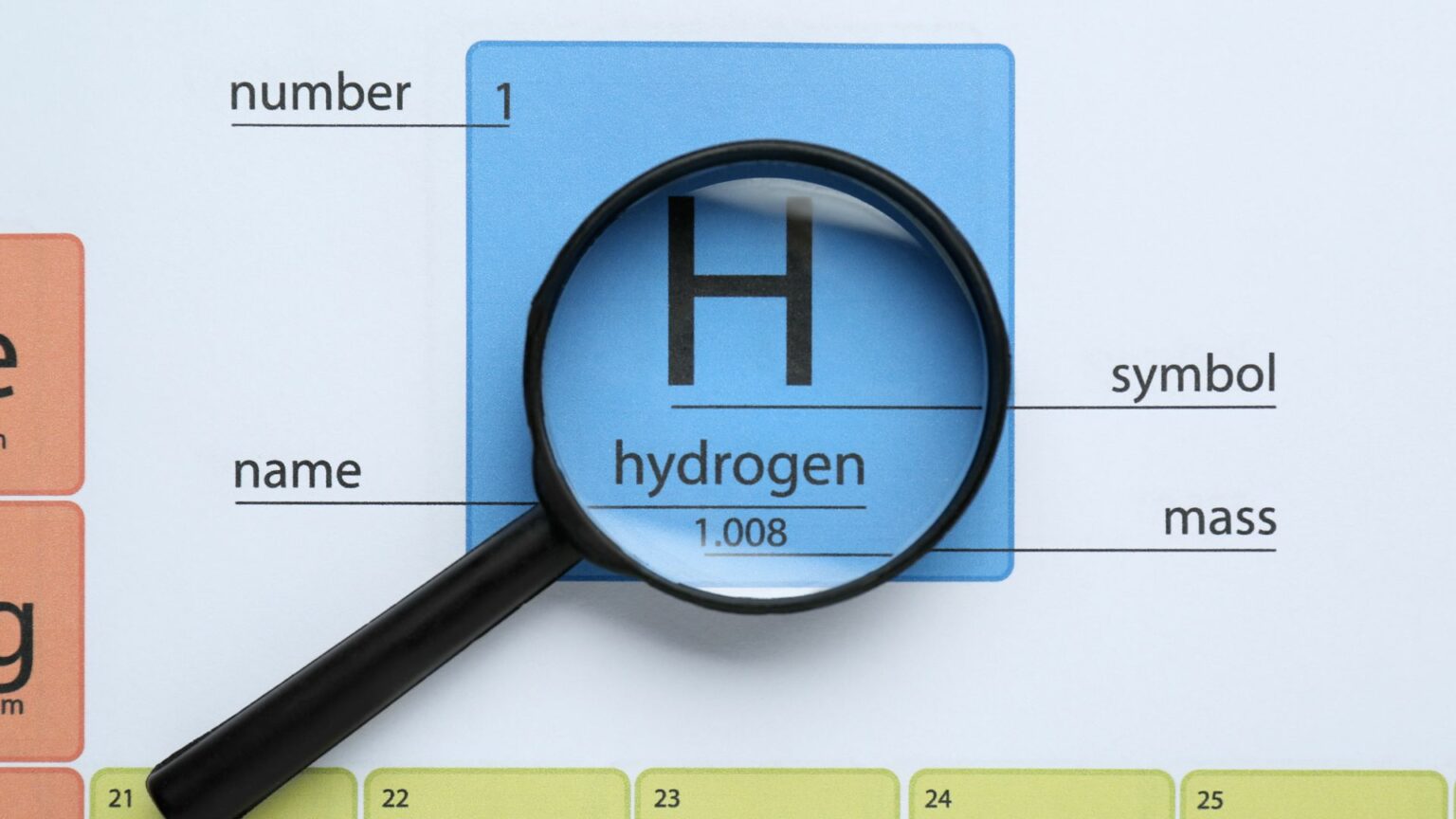As green hydrogen projects across the globe struggle to maintain momentum, Tasmania’s Green Hydrogen Hub stands as one of the few still progressing in Australia. But far from being a success story, the project—currently valued at AUD 2 billion—continues to face significant headwinds, not least of which is a stark absence of international investment.
At the 7th Annual Tasmanian Energy Development Conference, Project Director Ron Green delivered a candid update. Despite receiving AUD 330 million in public funding from the federal and state governments, the Bell Bay Green Hydrogen Hub remains far from commercially secure. “Tasmania can’t afford, on its own, to build this,” Green stated.
The Hub, based in Bell Bay, was one of seven sites selected under Australia’s Regional Hydrogen Hubs program, awarded AUD 70 million in January 2024. However, six of those projects have since stalled. Only Bell Bay and Western Australia’s Murchison Hydrogen Renewables project remain active.
While earlier project withdrawals—like Woodside’s H2Tas—cited limited access to new renewable electricity, Green rejected this as the central bottleneck. Instead, he pointed to weak market demand and the absence of viable offtake agreements as the real threat to project viability.
Investors Absent, Despite Strategic Alignment
The frustration for Tasmania is not just about market inertia—it’s about the missed opportunity for industrial players who depend on low-carbon supply chains. Green called out major international stakeholders by name, including South Korea’s POSCO, Japan’s JERA, and clean energy lenders like Korea Development Bank and COGAS, questioning their lack of engagement despite their vested interests in decarbonized commodities sourced from Australia.
This is particularly striking given the international race to secure green hydrogen supply chains. In markets such as South Korea, Japan, and the EU, policy frameworks already commit to hydrogen imports as part of national energy strategies. Yet, the capital needed to underwrite hydrogen production is not flowing at scale to export-oriented hubs like Tasmania, where project pipelines remain shallow.
The Bell Bay Powerfuels project—a green methanol facility led by Abel Energy and recently designated as the state’s “provisional proponent”—is the only active development at the hub. Zen Energy is reportedly in talks to acquire it. However, even this progress remains tentative.
Green’s presentation served not only as a status update but as a public appeal. Tasmania, he argued, has the infrastructure, renewable resources, and policy alignment to produce competitive green hydrogen. But without upstream capital and downstream demand, the system cannot self-assemble.
Stay updated on the latest in energy! Follow us on LinkedIn, Facebook, and X for real-time news and insights. Don’t miss out on exclusive interviews and webinars—subscribe to our YouTube channel today! Join our community and be part of the conversation shaping the future of energy.
